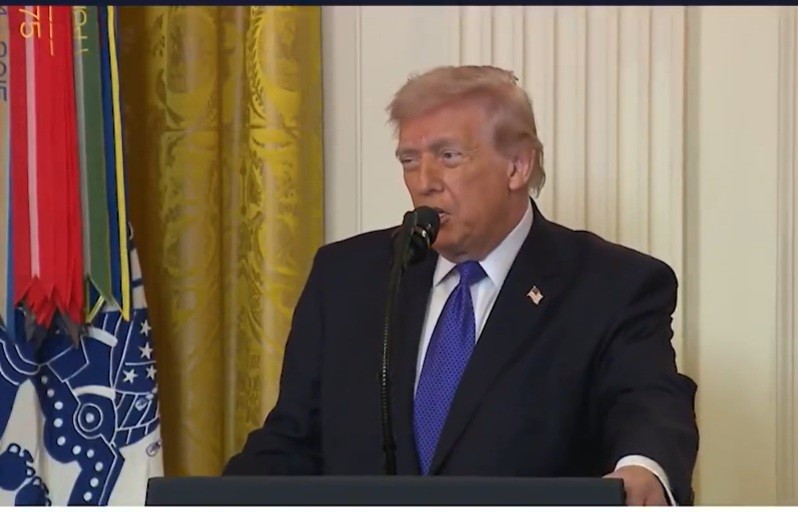'Flawed': Supreme Court puts on hold Karnataka govt's decision to scrap 4 pct Muslim quota before polls
Bengaluru/IBNS: The Supreme Court Thursday put on hold the Karnataka government's decision to scrap a four per cent quota for the Muslim community in government jobs and education, and divide the same among the two dominant Hindu communities just ahead of state assembly elections.
The apex court said the move appeared to be on "highly shaky ground" and "flawed".
Taking up a batch of petitions against the decision by several Muslim groups and individuals, the court questioned the logic behind the step which was announced on March 24, just weeks before the state assembly elections on May 10.
The petitioners argued that the Karnataka government had violated the constitutional principles of equality and secularism by discriminating against Muslims, who constitute about 13 per cent of the state's population.
They also claimed that the government had not conducted any study or collected empirical data to back its decision.
The Karnataka government, led by Chief Minister Basavaraj Bommai of the Bharatiya Janata Party (BJP), defended its decision by saying that it was based on the recommendations of a commission that had examined the socio-economic status of various communities in the state.
The government explained that it had taken into account the historical and cultural factors that make Vokkaligas and Lingayats, who together account for about 40 per cent of the state's population, deserving of higher reservations.
Vokkaligas and Lingayats are politically influential communities that have traditionally supported different parties in Karnataka.
The BJP, which came to power in 2019 after toppling a coalition government of the Congress and the Janata Dal (Secular), has been trying to woo both communities ahead of the elections.
The court, however, expressed doubts over the validity of the commission's report and asked the government to produce more evidence to support its decision.
The court also asked the government to explain how it had arrived at the four per cent figure for Muslims, which was introduced by a previous Congress government in 2013.
IBNS
Senior Staff Reporter at Northeast Herald, covering news from Tripura and Northeast India.
Related Articles
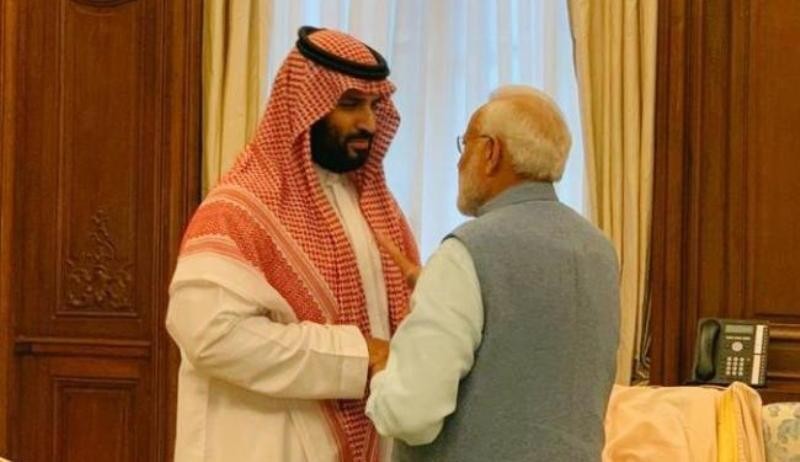
Middle East on edge: PM Modi dials Saudi, Bahrain, Jordan amid explosive escalation
Indian PM Narendra Modi on Monday held a telephone conversation with Crown Prince Mohammed bin Salman, strongly condemning the recent attacks on Saudi Arabia amid escalating tensions in West Asia following US and Israeli strikes on Iran.
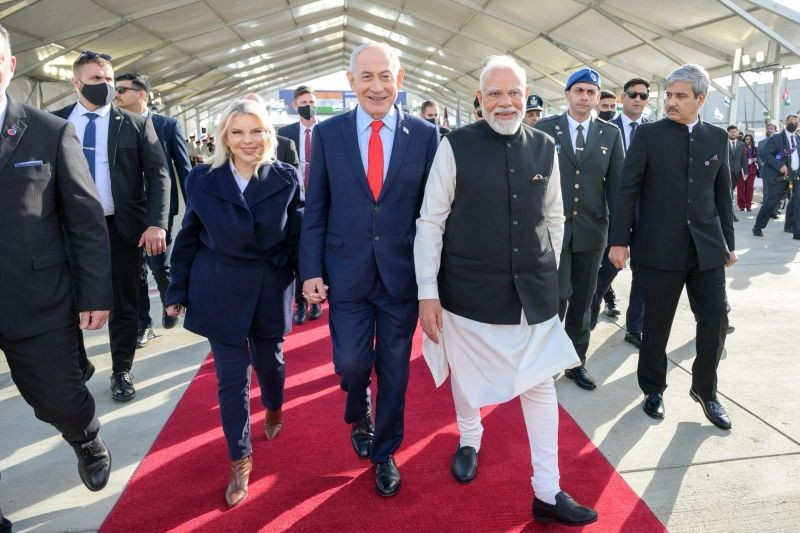
'Spoke to my great friend PM Modi,' Netanyahu tells NDTV amid Iran tensions, thanks India for support
Israeli Prime Minister Benjamin Netanyahu on Monday told NDTV that he had spoken to his “great friend” Narendra Modi, thanking him for India’s support amid escalating tensions in the Middle East.
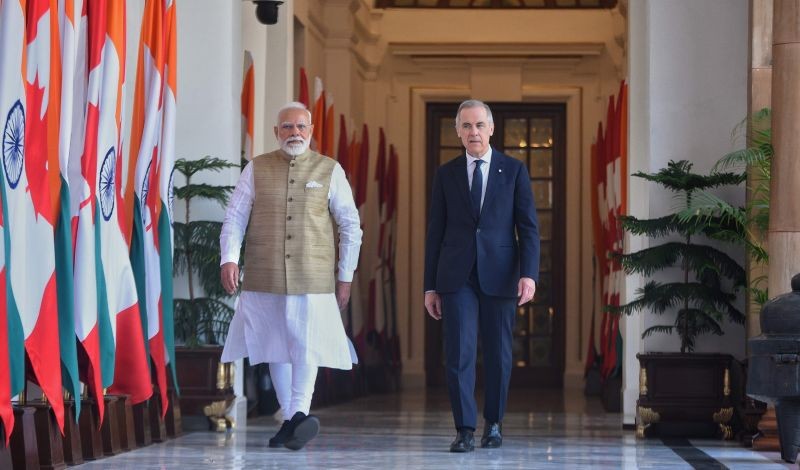
India, Canada to host renewable energy summit as Modi, Carney push to deepen bilateral ties
New Delhi/IBNS: Prime Minister Narendra Modi on Monday announced that India and Canada will host a summit on renewable energy and storage later this year to deepen bilateral cooperation in the sector, as the two countries seek to rebuild and strengthen ties.
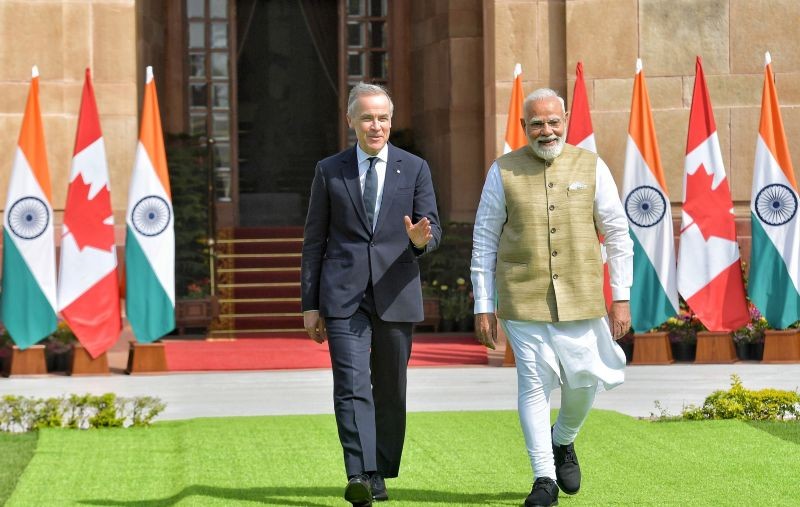
Modi-Carney talks signal fresh start as India, Canada push to revive trade pact and strategic partnership
New Delhi/IBNS: Prime Minister Narendra Modi on Monday met his Canadian counterpart Mark Carney in Hyderabad House, aiming to reset bilateral ties and strengthen cooperation between the two countries, media reports said.
Latest News
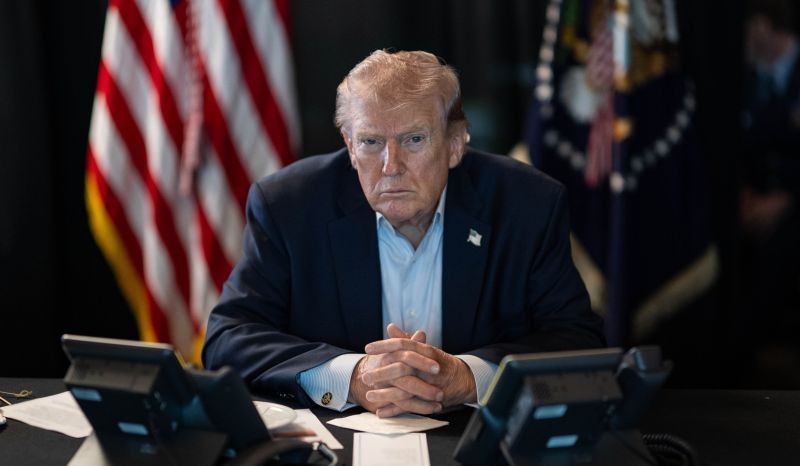
'You’ll find out soon': Trump hints at massive retaliation after Riyadh attack, says ‘boots on ground’ may not be needed

Drones strike shocks Riyadh: US Embassy hit amid escalating Iran conflict

Middle East on edge: PM Modi dials Saudi, Bahrain, Jordan amid explosive escalation
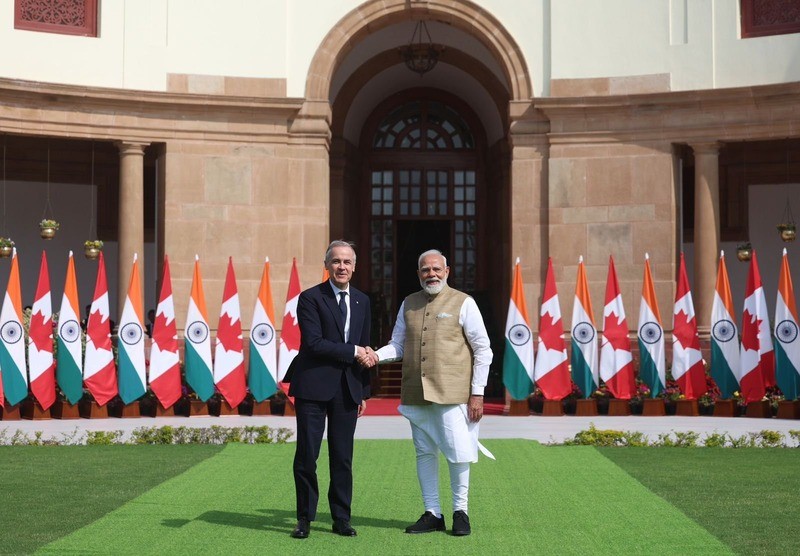
India, Canada launch renewed strategic partnership, fast-track CEPA talks
